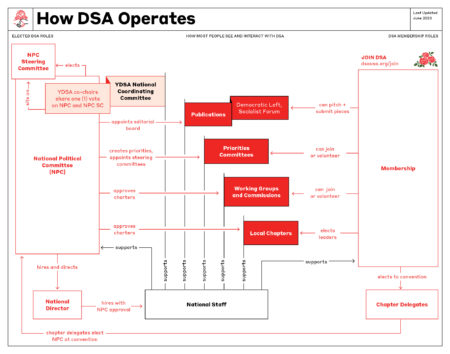The business literature often tells us that most people don’t like their jobs. Business leaders take a mixed attitude toward this. But what they don’t like – and what the literature also shows – is workers who are actively disengaged from their work. Among other things, disengaged workers show less productivity.
This doesn’t interest me much. As a leftist, though, I’m a lot more interested in the kind of advice the literature provides. It usually recommends a kind of propaganda campaign aimed at workers. These campaigns try to tell workers they have good jobs. They try to get workers more excited and engaged.
Maybe. But, as we know, work won’t love you back. A recent book even tells us as much. Many of us – especially white-collar workers – might consider a different strategy. Why not work a merely tolerable job, complete it quickly and efficiently, and then organize in our own time?
I think lots of people run some version of this playbook. They work a regular job and then organize with the DSA, for example.
Any readers have luck with this strategy?




